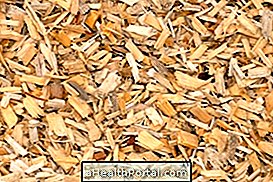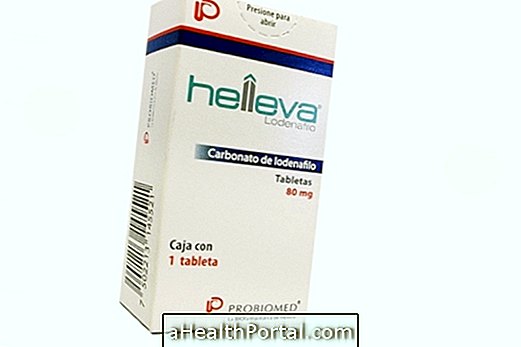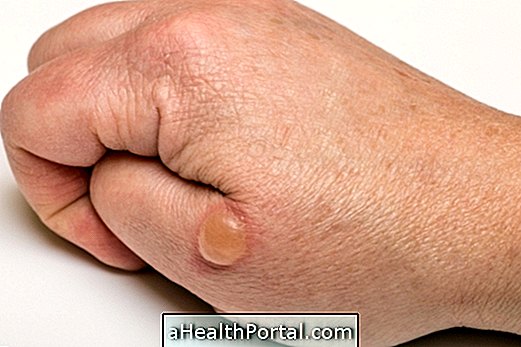Farinata is a kind of flour produced by the NGO Plataforma Sinergia from a mixture of foods such as beans, rice, potatoes, tomatoes and other fruits and vegetables. These foods are donated by industries, restaurants and supermarkets when they are very close to the expiration date or when they are out of standard marketing, which often means they just are not in the format or size suitable for use in general trade.
After the donation, these foods undergo a process of withdrawal of all the water and are crushed until they are in the consistency of flour, similar to what is done to create the milk powder. This process maintains food nutrients and increases their shelf life, allowing flour to be stored and used for up to 2 years.

Benefits of Farinata
The use of farinata brings the following health benefits:
- Favor the growth and maintenance of muscle mass, because it is rich in proteins;
- Improve intestinal transit by containing fibers;
- Prevent anemia by containing protein, iron and folic acid;
- Improve the immune system by being rich in vitamin C;
- Favor weight gain, especially for people who are underweight.
In addition, the use of farinata allows low-income people to receive a nutritious and safe meal for health, from foods that are still high in quality, but that would be wasted.
How Farinata can be used

Farinata can be included in various foods such as the preparation of soups, breads, cakes, pies, biscuits and salted. As their consistency may vary according to the foods used, it is also important to adapt recipes for a good use of farinata.
In addition, it can be used to increase the nutritional value of simple preparations, such as soups, porridges, juices and vitamins, being easy to use. This flour is already used in some establishments that distribute food to homeless and low-income people, and the São Paulo city government, under the command of Mayor Doria, is planning to include this meal in schools and day care centers.
Common Doubts and Dangers of Farinata
The doubts regarding the use of farinata are especially about its nutritional composition, which is usually unknown, since the final flour is a mixture of several foods, made according to the donations received.
In addition, it is not yet known if its production will be made totally safe for health when it starts its use by the city of São Paulo, since the NGO Platform Plataforma Sinergia probably will not be able to produce enough to supply demand of the school network of City.























